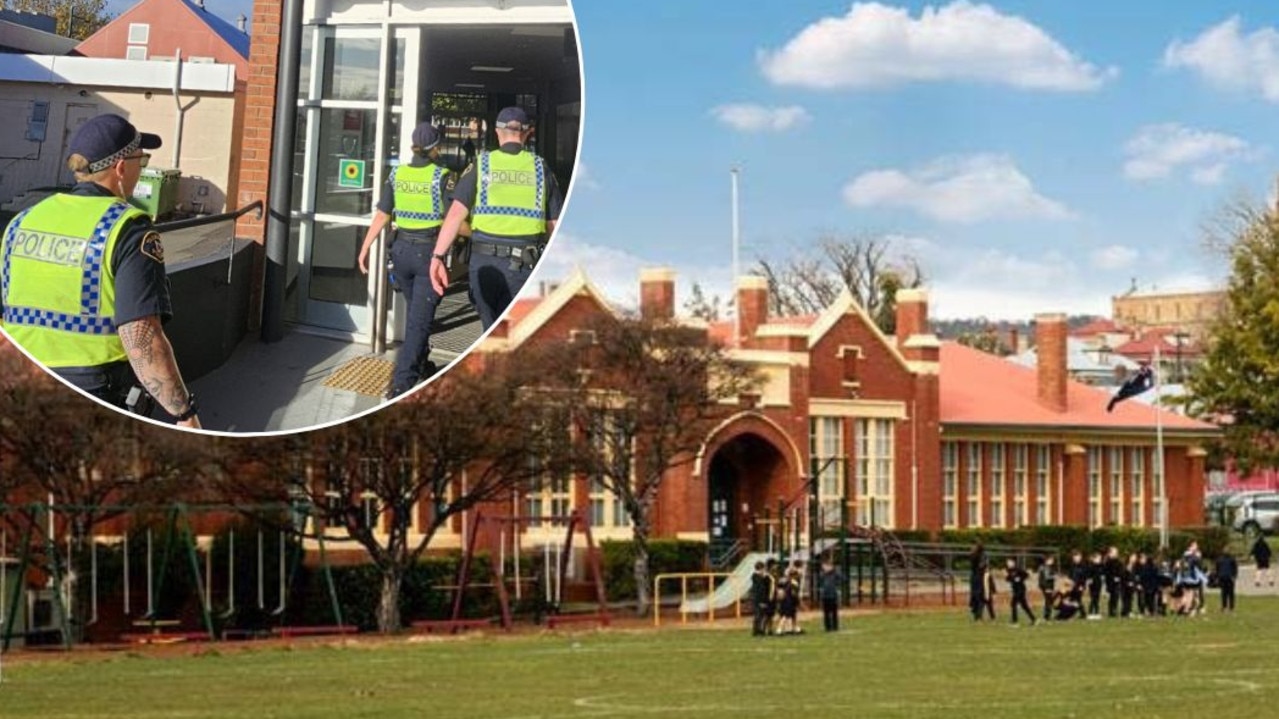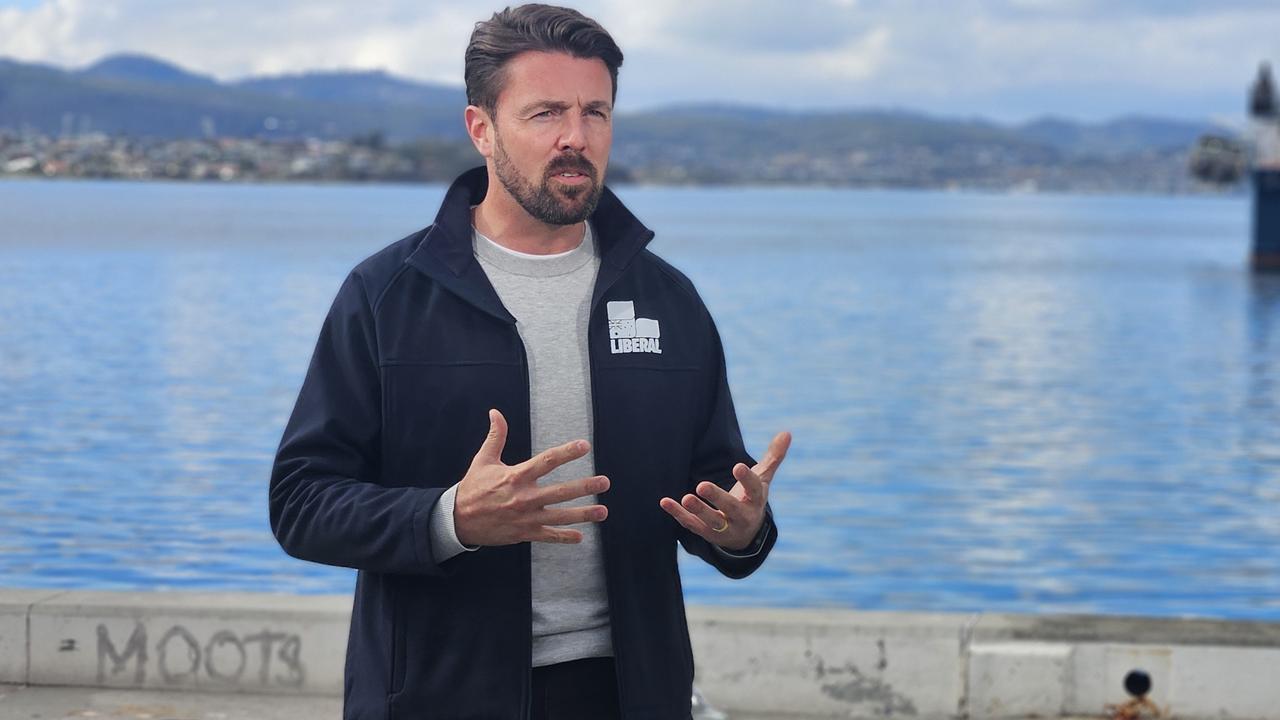Collins St bike lanes: Push for elector poll fails after deadline for petition missed
A campaign to force the Hobart City Council to pay for an elector poll on the two-year trial of bike lanes on Collins St has failed after opponents of the project missed a crucial deadline.
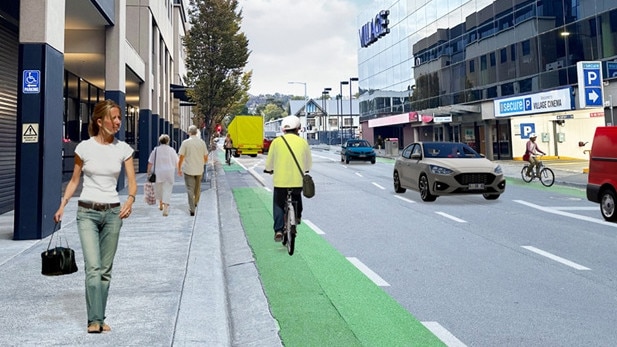
Tasmania
Don't miss out on the headlines from Tasmania. Followed categories will be added to My News.
A coalition of lobby groups opposed to the Hobart City Council’s two-year bike lane trial on Collins St appears to have failed in its effort to marshall support for an elector poll on the issue.
The Tasmanian Small Business Council and the Property Council, among other bodies, have been gathering signatures as part of a petition that would have compelled the council to hold an elector poll, after a public meeting on March 25 saw supporters of the bike lane trial significantly outnumber the naysayers.
Some businesses on Collins St have expressed concerns about the reduction in parking spaces necessitated by the trial, which they fear could result in a loss of trade.
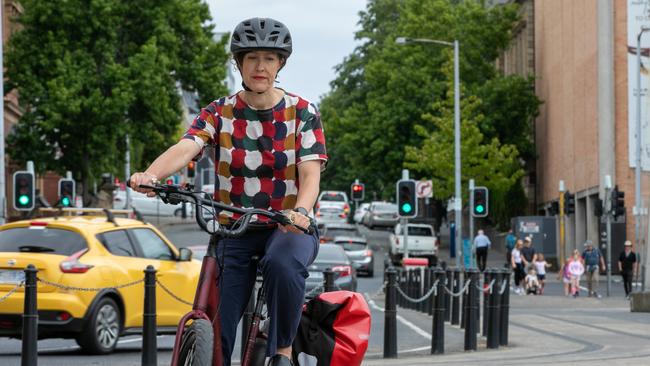
A petition with 1000 signatures needed to be lodged with the council within 30 days of the public meeting in order to bring on a non-binding elector poll about the bike lanes.
Hobart City Council CEO Michael Stretton confirmed on Monday that the petition had not been received and the deadline for submission had now passed.
Bicycle Network Tasmanian public affairs manager Alison Hetherington said the apparent failure of the elector poll push showed that “most Hobartians accept the need to provide safer streets for people to ride”.
“The recent Collins St public meeting showed the strong community support for safer streets so it’s no surprise that business groups couldn’t rustle up 1000 signatures for an elector poll, even with extensive advertising,” she said.
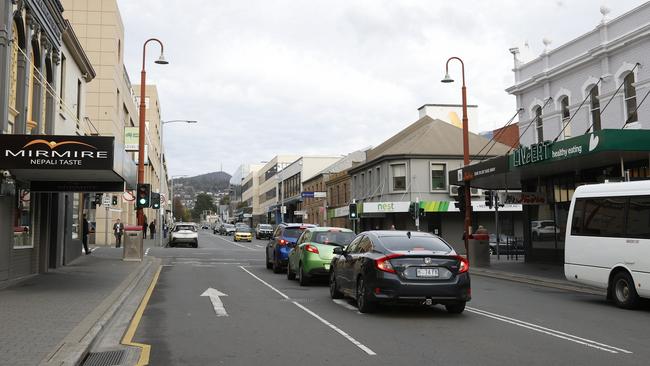
“Research in other cities shows that bike lanes are not the bogeyman they are being made out to be, and the Collins St trial will provide local data over the coming two years.”
Ms Hetherington said encouraging more people to ride bikes would help prevent conditions such as diabetes and heart disease and urged the state government to “get on with funding more councils to provide AAA-rated active transport networks that separate [road] users and lower speeds”.
Hobart Lord Mayor Anna Reynolds said an elector poll would have cost ratepayers about $200,000 and she was pleased the council could invest that money elsewhere.
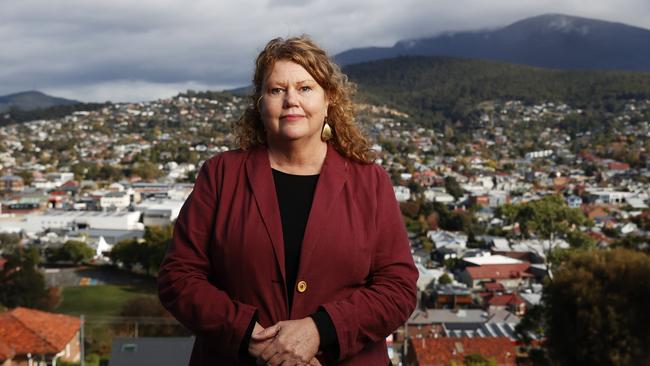
“That’s the kind of funding that we can put towards business activation grants, towards promoting the CBD, perhaps a whole range of other initiatives,” she said.
The separated bike lanes are currently being installed on Collins St between Molle and Harrington streets and the Transforming Collins St two-year trial – which will also involve the establishment of streetside dining and a pedestrian crossing – is expected to be officially launched on May 12.
About 35 parking spaces will be removed from Collins St, with all loading zones to be retained and two new accessible spaces to be established.
Tasmanian Small Business Council CEO Robert Mallett, who was contacted for comment, has previously accused the council of showing “absolute disdain for small businesses in Collins St”.
Property Council Tasmanian executive director Rebecca Ellston has previously described the council’s “lack of engagement” about the trial as “unprofessional, to say the least”.




